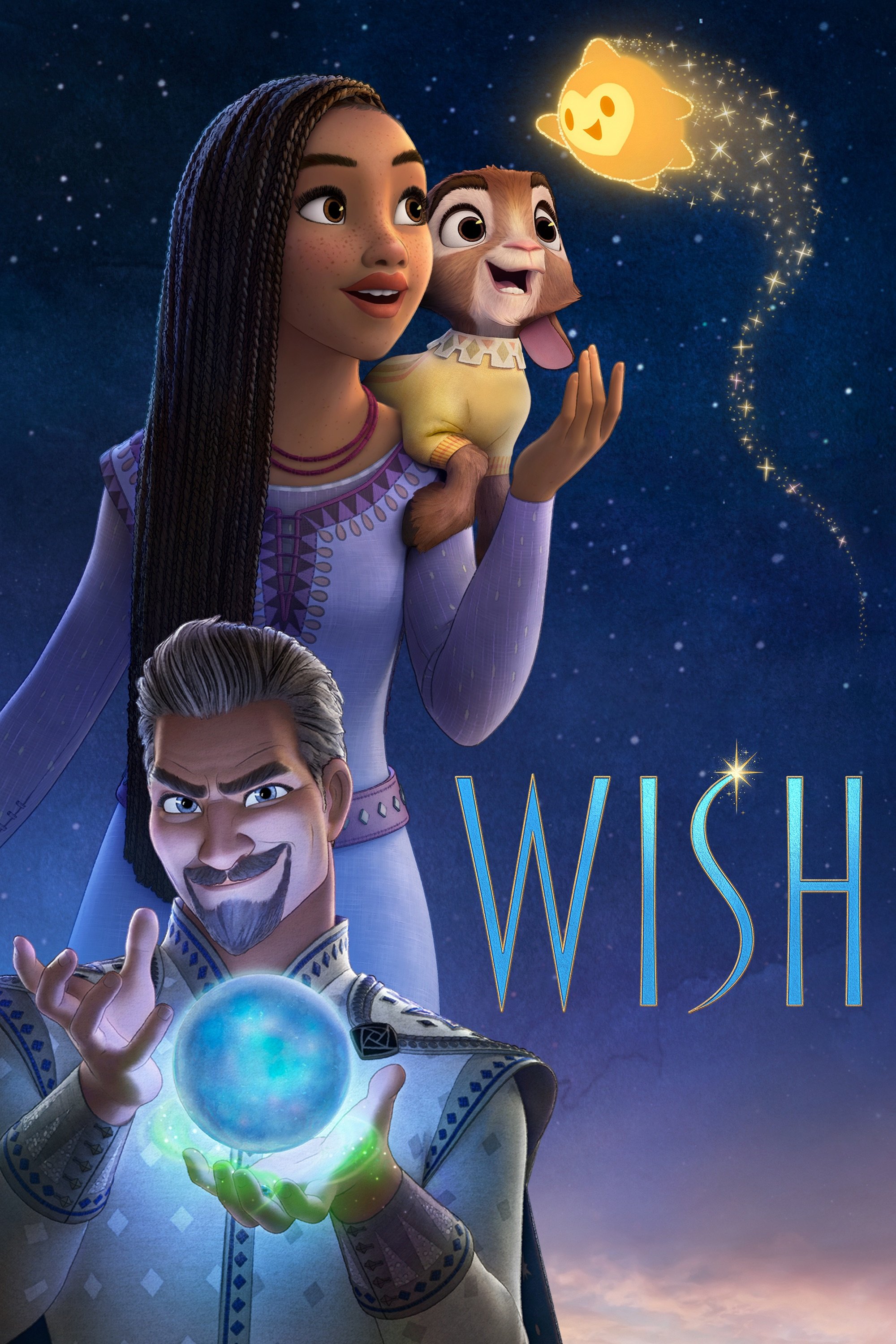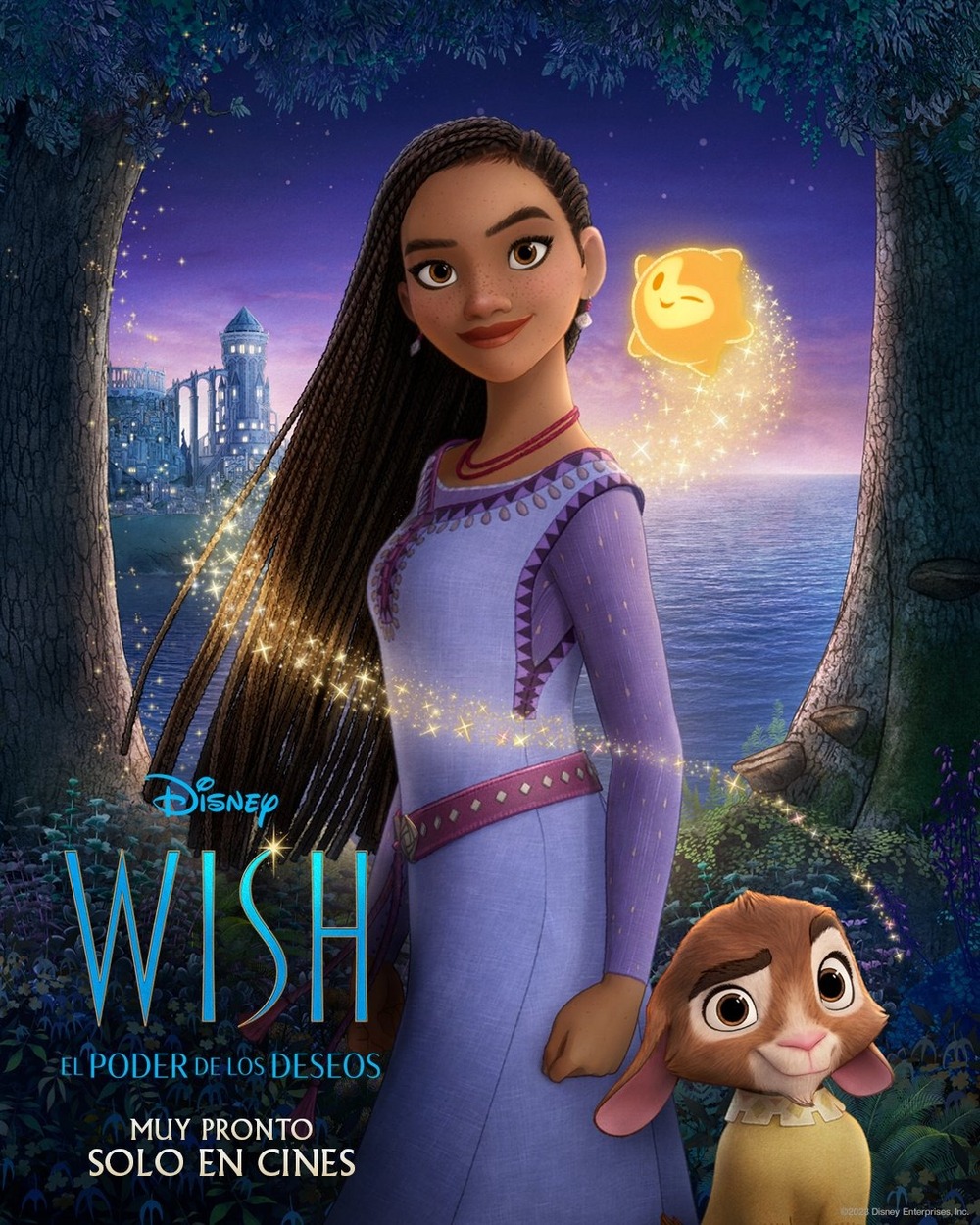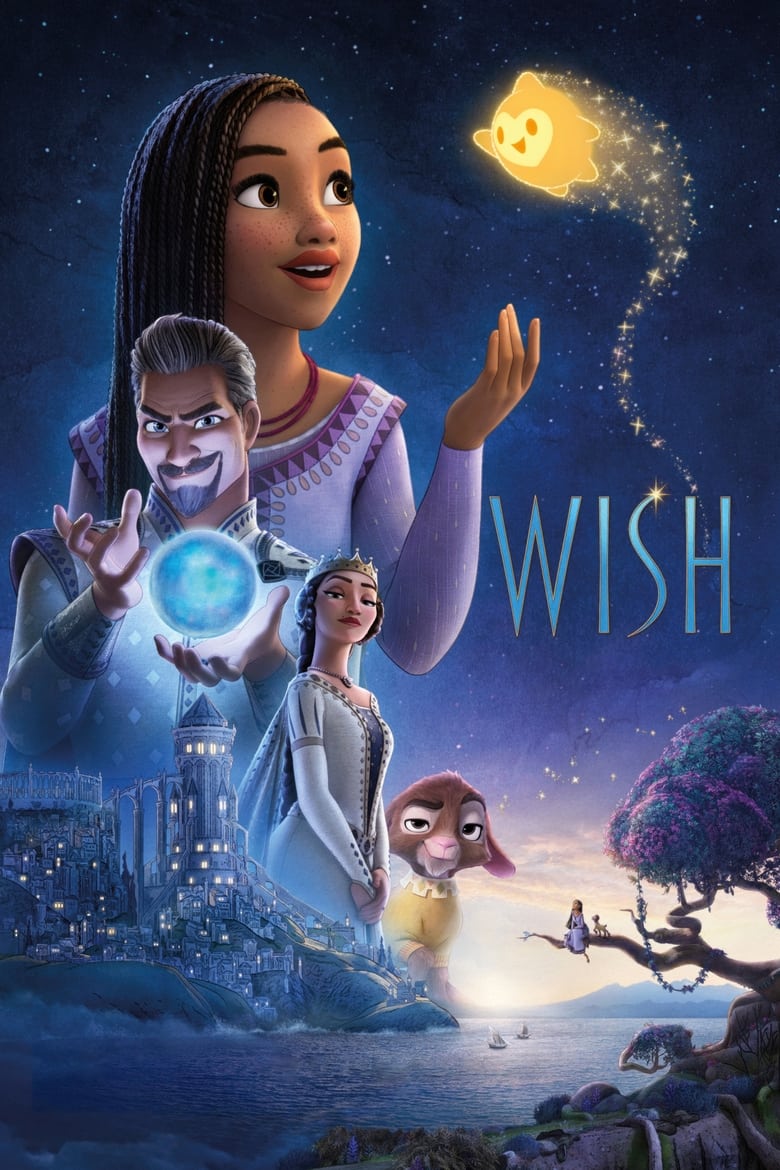The Enduring Echo: Why "I Wish I Was A Little Bit Taller" Still Resonates
Have you ever found yourself staring at the ceiling late at night, a whisper escaping your lips: "I wish I was a little bit taller"? Or perhaps "I wish I was a baller"? This sentiment, a universal yearning for something more, something different, something better, found its perfect anthem in the mid-90s with Skee-Lo's iconic rap song, "I Wish." More than just a catchy tune, this track became a generational voice for frustration, envy, and the profound longing for a life that seemed just out of reach. It's a testament to the song's enduring power that decades later, its chorus still immediately conjures feelings of aspiration and the bittersweet reality of unfulfilled desires. But what is it about this particular wish, this specific articulation of longing, that continues to strike such a deep chord within us?
The beauty of "I Wish" lies in its raw honesty. It isn't a grand declaration of ambition, but rather a humble, almost wistful expression of everyday wants and the obstacles that stand in the way. From physical attributes to material possessions and social standing, Skee-Lo laid bare a tapestry of common human desires, making the song incredibly relatable. It’s a simple yet profound statement on the human condition, perfectly encapsulated by the repeated line: "I wish I was a little bit taller."
Table of Contents
- Skee-Lo: A Brief Biography
- The Birth of an Anthem: "I Wish" Unpacked
- Beyond the Hook: Social Commentary and Personal Longing
- The Universal Appeal: Why We All Wish
- The Height Dilemma: Societal Perceptions and Self-Image
- From Wishes to Reality: Navigating Aspirations
- The Legacy of a Single Line
- Conclusion: The Timeless Power of a Wish
Skee-Lo: A Brief Biography
Before diving deeper into the cultural phenomenon that is "I Wish," it's important to understand the artist behind the words. Anthony Terrell Smith, better known by his stage name Skee-Lo, is an American rapper born on March 5, 1975, in Chicago, Illinois. He later moved to New York and then to Los Angeles, where his musical journey truly began to take shape. While "I Wish" remains his most recognized work, Skee-Lo's career is marked by his distinctive voice, relatable storytelling, and a unique blend of humor and introspection.
Skee-Lo's musical style often blended elements of jazz, funk, and hip-hop, creating a sound that was both accessible and authentic. He wasn't the typical gangsta rapper of the era; instead, he offered a more grounded, everyman perspective that resonated with a broad audience. His debut album, also titled "I Wish," released in 1995 under Volcano Entertainment III, LLC, was a critical and commercial success, largely propelled by the titular single. While he continued to release music and pursue other ventures, "I Wish" cemented his place in music history, proving that sometimes, a single, honest expression of longing can be more powerful than any boast or bravado.
Skee-Lo Personal Data & Biodata
| Attribute | Detail |
|---|---|
| Full Name | Anthony Terrell Smith |
| Stage Name | Skee-Lo |
| Born | March 5, 1975 |
| Birthplace | Chicago, Illinois, USA |
| Occupation | Rapper, Singer, Producer |
| Genre | Hip Hop, Pop Rap |
| Years Active | 1993–present |
| Notable Work | "I Wish" (Song & Album) |
| Record Label | Volcano Entertainment III, LLC (for "I Wish" album) |
The Birth of an Anthem: "I Wish" Unpacked
Released in 1995, "I Wish" quickly became a global hit, reaching the top of charts worldwide and earning Skee-Lo a Grammy nomination. Its success wasn't just about a catchy beat; it was about the profound relatability of its core message. The song is, at its heart, a rap song about wishing for a better life, love, and status. It perfectly captures a moment in time, yet its themes remain timeless.
The Chorus: A Symphony of Desire
The power of "I Wish" is undeniably rooted in its infectious and instantly recognizable chorus. The repeated line "I wish I was a little bit taller, I wish I was a baller" serves as the emotional anchor, expressing a raw blend of frustration and envy. This isn't just about physical height or athletic prowess; it's a stand-in for all the perceived shortcomings and unfulfilled aspirations that can plague a person. The chorus expands on these initial wishes, painting a vivid picture of a desired life:
- "I wish I was a little bit taller"
- "I wish I was a baller"
- "I wish I had a girl who looked good, I would call her"
- "I wish I had a rabbit in a hat with a bat and a '64 Impala"
This sequence of wishes moves from the personal (height, skill) to the relational (a desirable partner) and finally to the aspirational and perhaps a little fantastical (the rabbit in a hat, the bat, and the classic car). Each line is a simple, direct expression of a want, collectively forming a mosaic of a young man's dreams in the mid-90s. The repetition of "I wish I was a little bit taller, y'all" reinforces the central theme, making it an unforgettable earworm that carries significant emotional weight.
The Lyrics: A Window into Struggle
While the chorus is the hook, the verses of "I Wish" provide the narrative depth, painting a detailed picture of the singer's struggles. The lyrics describe the singer's struggles with height, basketball, girls, cars, and ghetto life. Skee-Lo sings about his wishes to be taller, a baller, and a ladies' man in this rap song, directly addressing the core frustrations that fuel the chorus. He laments his inability to dunk a basketball due to his height, which directly impacts his desire to be a "baller" – someone successful and respected in the world of sports. This isn't just about playing a game; it's about the status and opportunities that come with it.
Beyond basketball, the lyrics delve into other aspects of life where he feels disadvantaged. His struggles with attracting girls are linked to his perceived lack of status and physical attributes. The desire for a "girl who looked good" isn't just about romance; it's about validation and fitting into a societal ideal. The longing for a "'64 Impala" isn't merely about owning a car; it's about mobility, freedom, and a symbol of success in his environment. Even the more whimsical wishes, like "a rabbit in a hat with a bat," can be seen as a desire for magic, for an easy solution to life's problems, or simply for the tools to navigate a challenging world. The song's portrayal of "ghetto life" further contextualizes these wishes, highlighting the systemic barriers and limited opportunities that often amplify such longings. "Hey, I wish I had my way 'cause every day would be a Friday," he muses, encapsulating a desire for perpetual ease and freedom from the grind.
Beyond the Hook: Social Commentary and Personal Longing
Beyond its infectious hook, however, lies a labyrinth of social commentary and personal longing. "I Wish" isn't just a superficial list of wants; it's a subtle yet potent critique of societal values and the pressures placed upon individuals. The song touches on themes of aspiration, self-perception, and the often-unrealistic standards set by popular culture. For many, being "a little bit taller" or "a baller" represents an ideal of masculinity, success, and attractiveness. Skee-Lo's candid expression of not meeting these ideals resonates because it speaks to a universal human experience: feeling inadequate or wishing for traits that society values.
The song also subtly comments on the American Dream, or perhaps, the American reality for many. The desire for a nice car, a good-looking partner, and an easier life ("every day would be a Friday") reflects a longing for comfort and status that is often just out of reach for those struggling in less privileged environments. The "ghetto life" mentioned in the lyrics provides a crucial backdrop, highlighting how these seemingly simple wishes become profound expressions of hope and escapism when faced with systemic challenges. It's a testament to the song's depth that it can be enjoyed as a lighthearted pop-rap track while simultaneously offering a poignant look at the disparities and desires that shape individual lives.
The Universal Appeal: Why We All Wish
Why did "I Wish" become such a cultural phenomenon? Its enduring appeal lies in its profound universality. Regardless of our background, age, or circumstances, we all have wishes. We all experience moments of frustration and envy, looking at what others have or what we lack, and thinking, "I wish I was a little bit taller," or "I wish I was a baller." These aren't necessarily literal desires, but metaphors for the broader human experience of aspiration. We wish for better jobs, more money, stronger relationships, different appearances, or simply an easier path through life.
The song taps into the collective human psyche, where the grass often seems greener on the other side. It validates the feeling of wanting more, of not being entirely content with one's current situation. This relatability transcends demographic boundaries, making the song resonate with teenagers dreaming of athletic glory, adults wishing for a career change, or anyone who has ever felt the sting of inadequacy. Skee-Lo articulated a common human vulnerability with disarming honesty and a catchy beat, turning personal longing into a shared experience.
The Height Dilemma: Societal Perceptions and Self-Image
The specific wish to be "a little bit taller" holds particular weight, especially for men. In many societies, height is associated with power, attractiveness, and success. Tall men are often perceived as more confident, authoritative, and desirable. This societal bias can lead to significant self-image issues for those who don't meet these unspoken standards. For Skee-Lo, his height directly impacted his ability to be a "baller" – a successful basketball player – which was a clear path to status and respect in his community. This connection highlights how physical attributes can be intertwined with opportunities and social standing.
The song implicitly addresses the psychological burden of not fitting a societal ideal. It speaks to the frustration of feeling limited by something beyond one's control. While the desire to be taller might seem superficial, it often masks deeper yearnings for acceptance, confidence, and the ability to achieve one's full potential. The song's popularity suggests that many people, not just men, grapple with feelings of inadequacy related to their physical appearance, and Skee-Lo's candid expression provided a voice for these silent struggles.
From Wishes to Reality: Navigating Aspirations
While "I Wish" beautifully captures the essence of longing, it also subtly nudges us towards a deeper reflection: what do we do with these wishes? The song itself doesn't offer solutions, but its widespread appeal suggests a collective desire not just to wish, but perhaps to understand and even act on those wishes. For many, the song serves as a cathartic release, a shared moment of acknowledging what we desire but don't possess. However, the human spirit often seeks more than just lamentation.
The journey from "I wish" to "I can" is often paved with self-acceptance, strategic planning, and persistent effort. While we cannot change our height, we can certainly work on our skills, our confidence, and our approach to life. For instance, if the wish to be "a baller" stems from a desire for achievement and recognition, there are countless avenues to pursue those feelings, even if it's not on a basketball court. It could be excelling in a career, mastering a hobby, or contributing meaningfully to a community. The "rabbit in a hat with a bat" might symbolize a desire for tools or shortcuts, but often, the most valuable "tools" are perseverance, learning, and adaptability. The "six four Impala" represents status and freedom; these can be achieved through hard work and financial prudence, or redefined to mean something less material and more personal, like inner peace or creative freedom.
The song, in its honest portrayal of longing, inadvertently encourages introspection. It prompts us to ask: What truly lies beneath these surface wishes? Is it a desire for validation, security, love, or purpose? By understanding the root of our wishes, we can then formulate actionable steps, turning vague desires into tangible goals. This doesn't mean every wish will come true, but it transforms passive longing into active pursuit, making "every day a Friday" feel a little more within reach, even if it's through our own efforts rather than a magical rabbit.
The Legacy of a Single Line
Decades after its release, "I Wish" continues to be a staple on radio stations, in movie soundtracks, and at nostalgic parties. Its legacy is a testament to the power of a simple, honest narrative combined with an irresistible beat. The song isn't just a relic of 90s hip-hop; it's a cultural touchstone that encapsulates a universal human experience. It reminds us that it's okay to wish, to long for more, and to feel the pangs of frustration and envy. It normalizes these feelings, making us feel less alone in our aspirations and perceived shortcomings.
The phrase "I wish I was a little bit taller, I wish I was a baller" has transcended the song itself, becoming a widely recognized idiom for expressing a yearning for improvement or a different life. This enduring relevance speaks volumes about the timeless nature of Skee-Lo's message. It's a reminder that beneath the bravado and confidence often portrayed in music, there's a shared human vulnerability, a collective dream for something just a little bit better.
Conclusion: The Timeless Power of a Wish
Skee-Lo's "I Wish" is far more than just a rap song about wishing for a better life. It's a poignant piece of social commentary wrapped in an undeniably catchy package. From the repeated chorus of "I wish I was a little bit taller, I wish I was a baller" to the detailed lyrical descriptions of struggles with height, basketball, girls, cars, and ghetto life, the song captures the essence of human longing and frustration. It reminds us that beyond the surface-level desires for a "'64 Impala" or a "rabbit in a hat with a bat," lies a deeper yearning for acceptance, status, and an easier path through life.
The song, copyrighted in 1995 by Volcano Entertainment III, LLC, stands as a testament to the power of relatable storytelling. It continues to resonate because everyone, at some point, has felt that familiar pang of "I wish I had my way 'cause every day would be a Friday." So, the next time you hear that iconic hook, let it be a moment not just of nostalgia, but of reflection. What do you truly wish for? And what steps, big or small, can you take to move closer to that reality? Share your thoughts in the comments below, and let's keep the conversation about our wishes, big and small, going!

Wish (2023) - Posters — The Movie Database (TMDB)

Wish DVD Release Date | Redbox, Netflix, iTunes, Amazon

Wish | Australian Classification